There are a lot of misunderstandings that can happen during police stops. They’re usually because the situation can be stressful and confusing for both parties. Unfortunately, a lot of these misunderstandings come from miscommunications that can escalate tensions unnecessarily. Learning about these problems can help anyone to feel more relaxed during a police stop.
Lets explore some of the most common misunderstandings that happen, so you can get yourself home safe and sound.
Assuming Officers Know Everything About the Situation
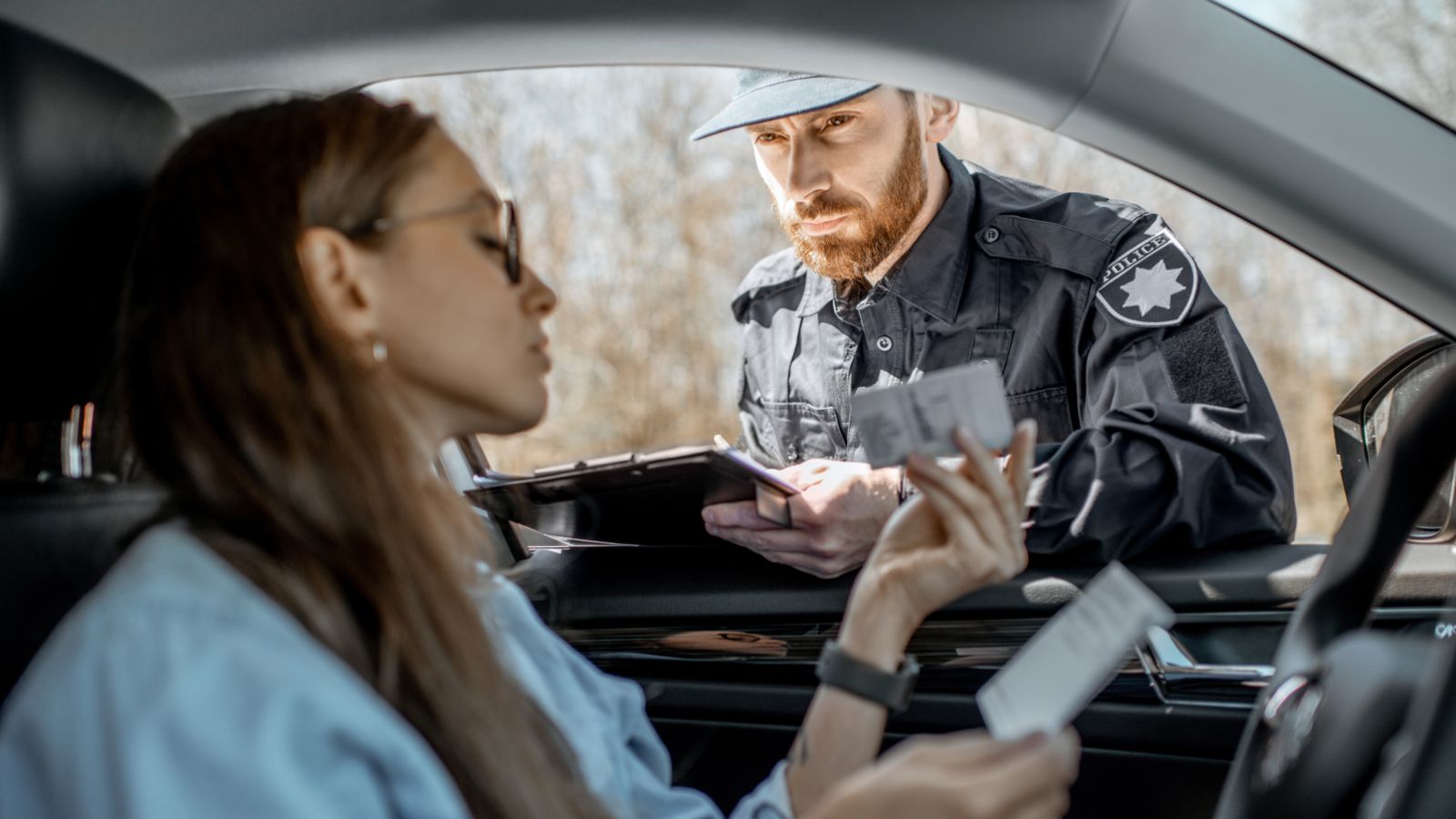
It’s quite understandable to think that the officers who pull you over have all the details about why you were stopped, but they may only have limited information. They’re just doing their job and, sometimes, they rely on other people to give them all the details.
You can only help them in these kinds of situations by being clear and honest when they ask you questions. If you remain patient, they should be able to find out all the information sooner rather than later.
Believing Compliance Equals Guilt
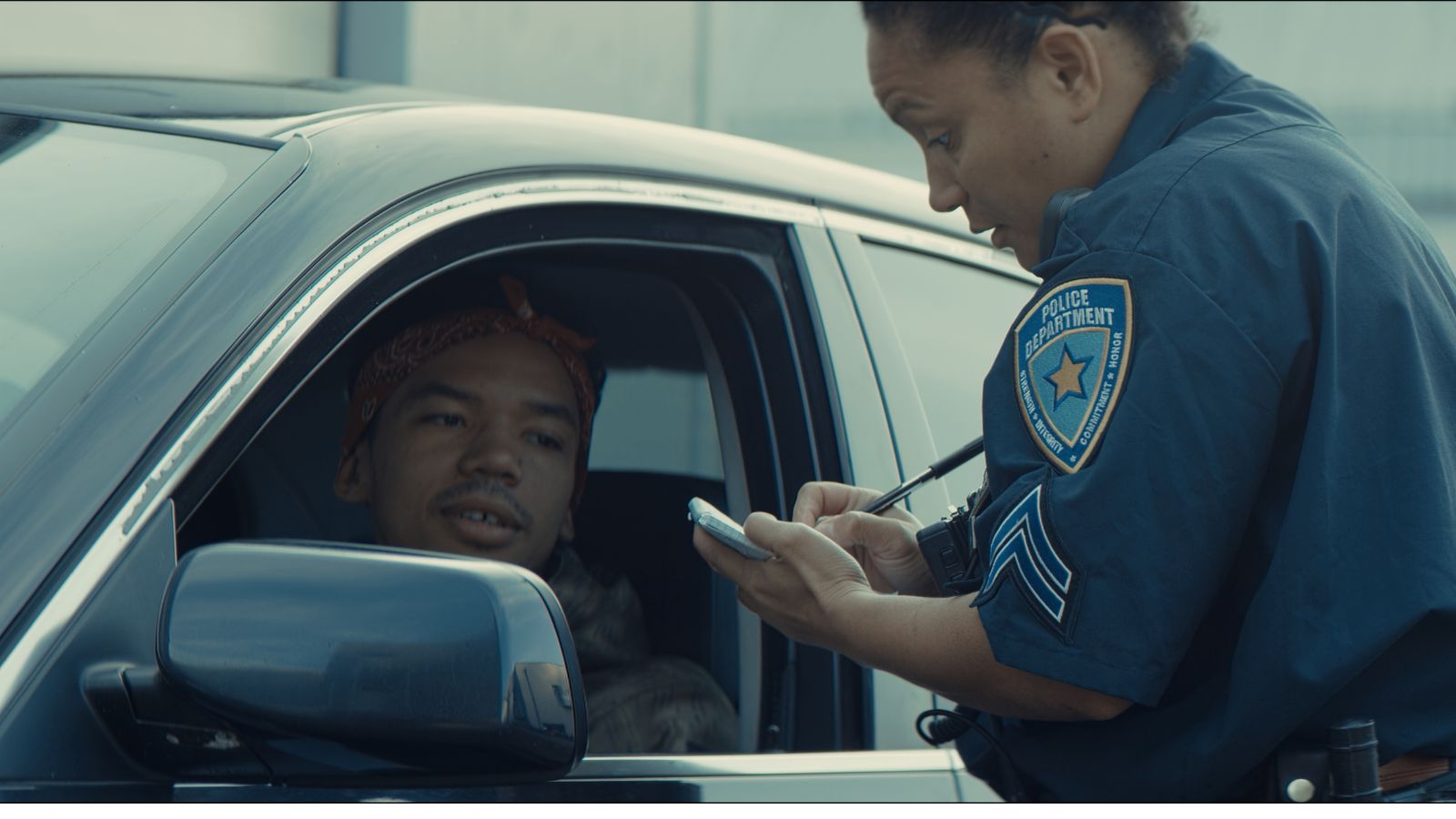
Following an officer’s instructions definitely doesn’t mean you’re admitting to any wrongdoing. It just means you are simply being cooperative. Lots of people misunderstand this fact, which can lead to unnecessary defensiveness and problems with the officer.
Going along with the requests of an officer simply helps keep the situation controlled and safe. Any problems you have can always be addressed later through the proper legal channels.
Thinking You’re Not Allowed to Ask Questions
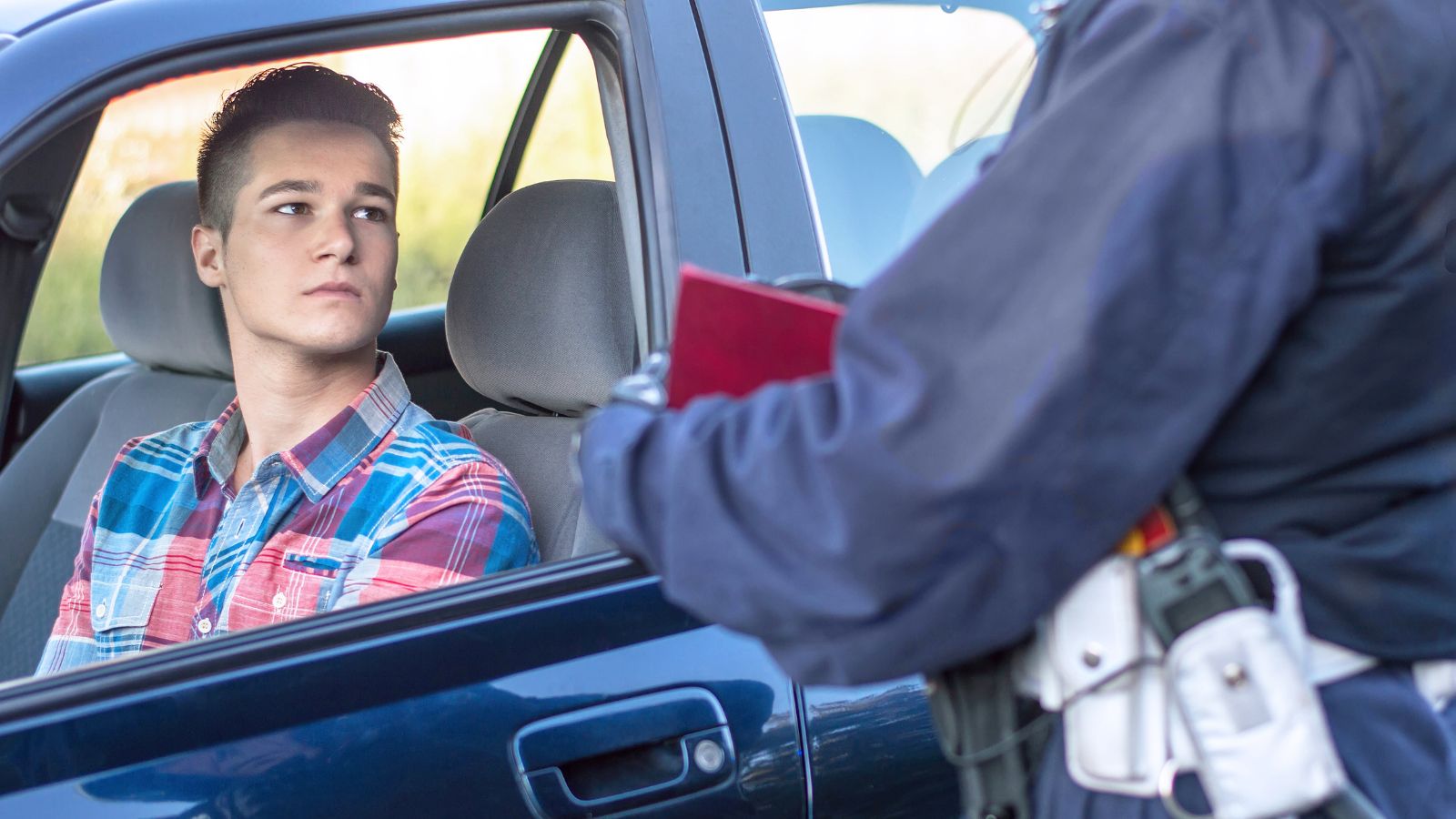
Some drivers think they have to stay silent during a traffic stop because, if they don’t, they assume that asking questions will seem disrespectful or uncooperative. However, you’re always within your rights to seek clarification about why you were stopped or what’s being asked of you.
Believing Silence Will Always Be Interpreted Calmly

Staying silent is a legal right, but complete silence can sometimes be misunderstood as defiance. Officers often deal with people who won’t say a word, and this might make them interpret your silence as suspicious or uncooperative. If you do decide to remain silent, communicating your intentions clearly while maintaining a polite tone will help avoid unnecessary misunderstandings.
Thinking You’re Being Targeted for a Serious Crime
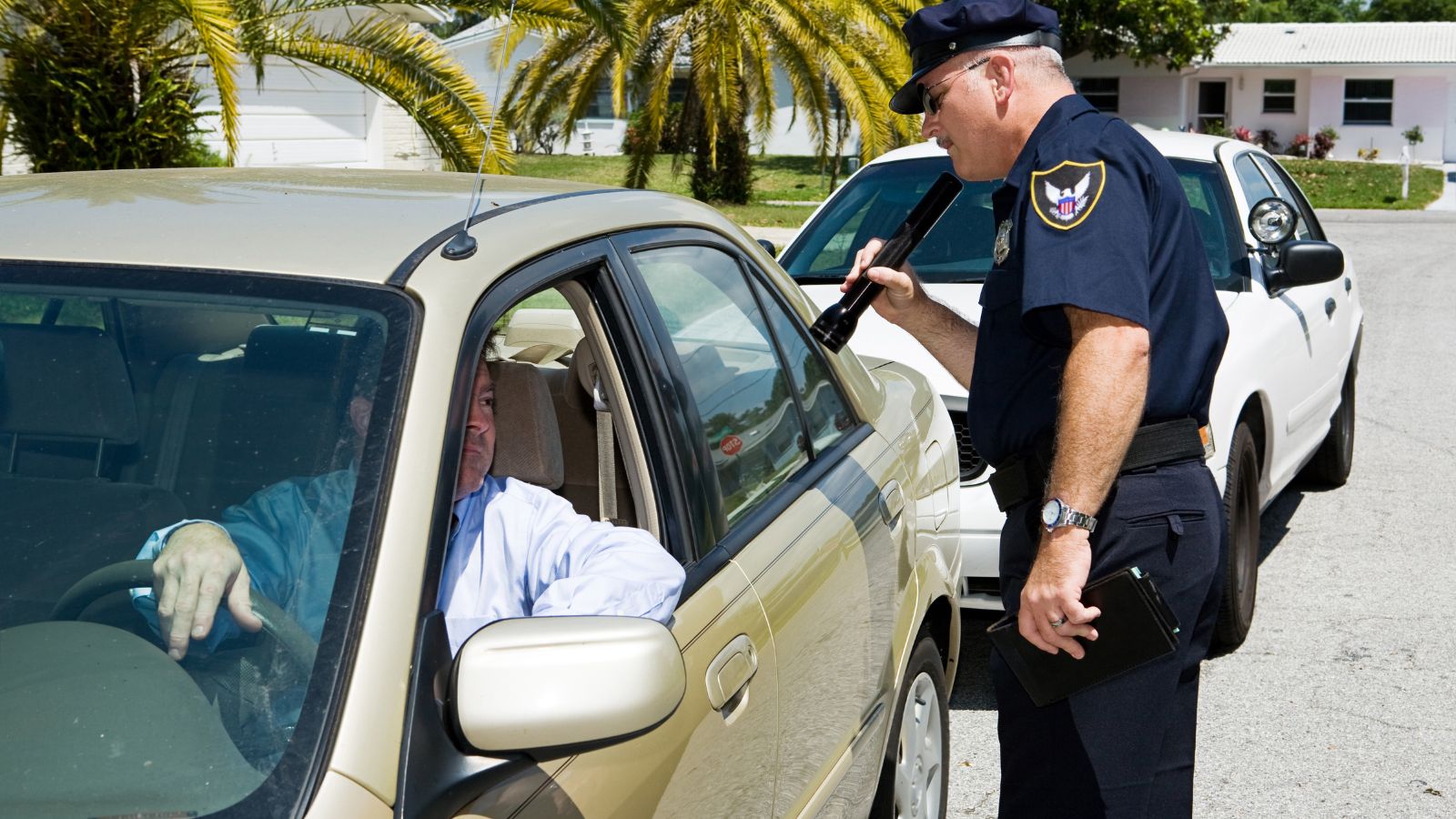
A traffic stop doesn’t always mean you’re suspected of something major. Officers often pull people over for routine checks, minor violations, or even to alert them about a potential safety issue like a burned-out headlight. Sometimes, the officer isn’t even looking for you; they might just be trying to find information about a totally unrelated thing.
Assuming You Can Argue Your Case on the Spot
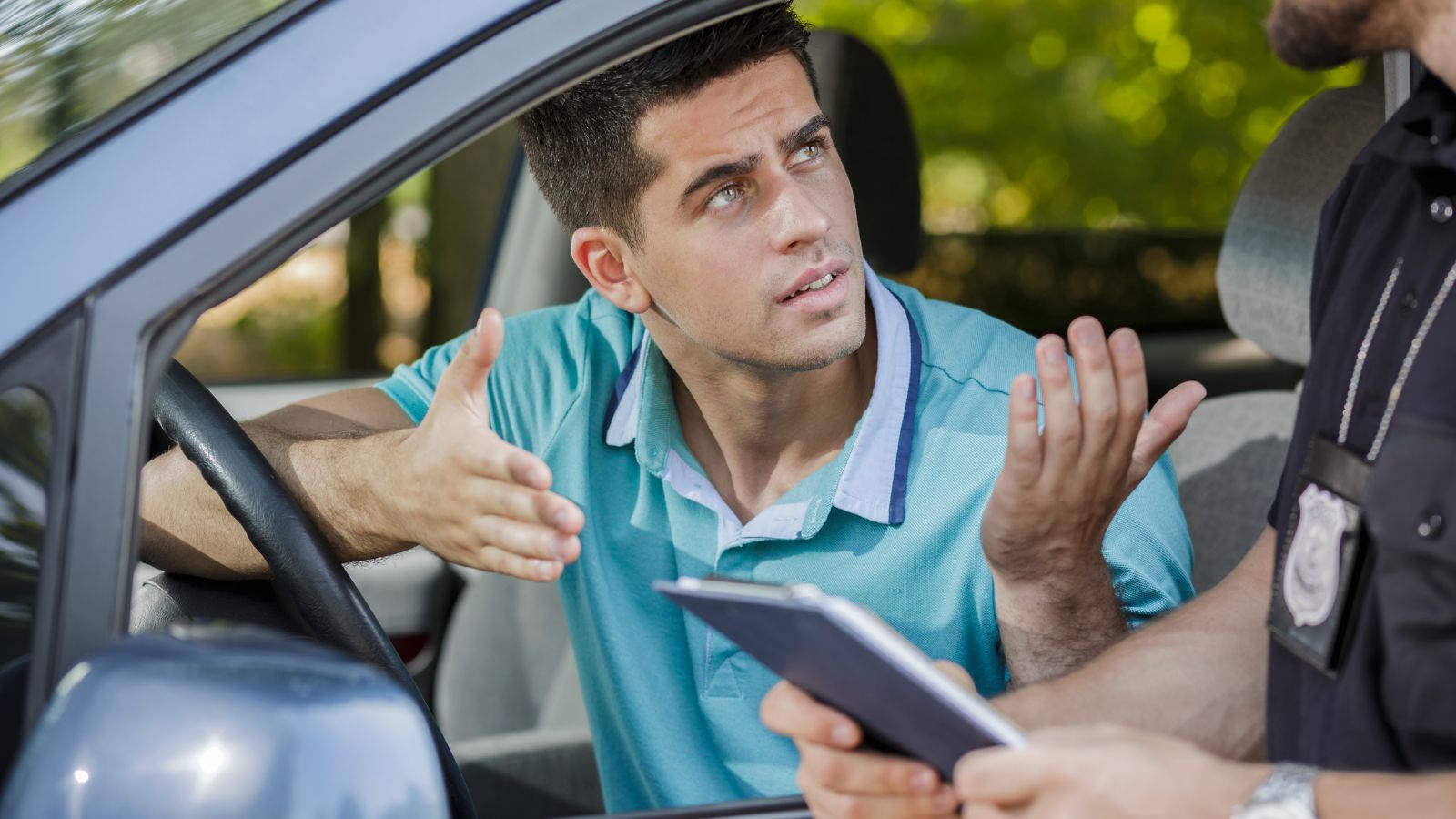
A lot of people seem to think that they can convince an officer to reverse their decision during a traffic stop, but you should never argue with the police. However, the roadside really isn’t the right place to debate a ticket or accusation. Officers will not change their minds.
They are there to enforce the law, not interpret or negotiate it. So, if you really feel the need to contest something, contest it later in court.
Misunderstanding a Request to Step Out of the Vehicle

Being asked to exit your car can feel intimidating, but it doesn’t always mean you’re in trouble. It’s just as likely that the officer is requesting this for their safety or to better communicate with you. Assuming the worst in this scenario often leads to heightened nerves, which can raise tensions for both you and the officer.
Thinking Officers Don’t Make Mistakes
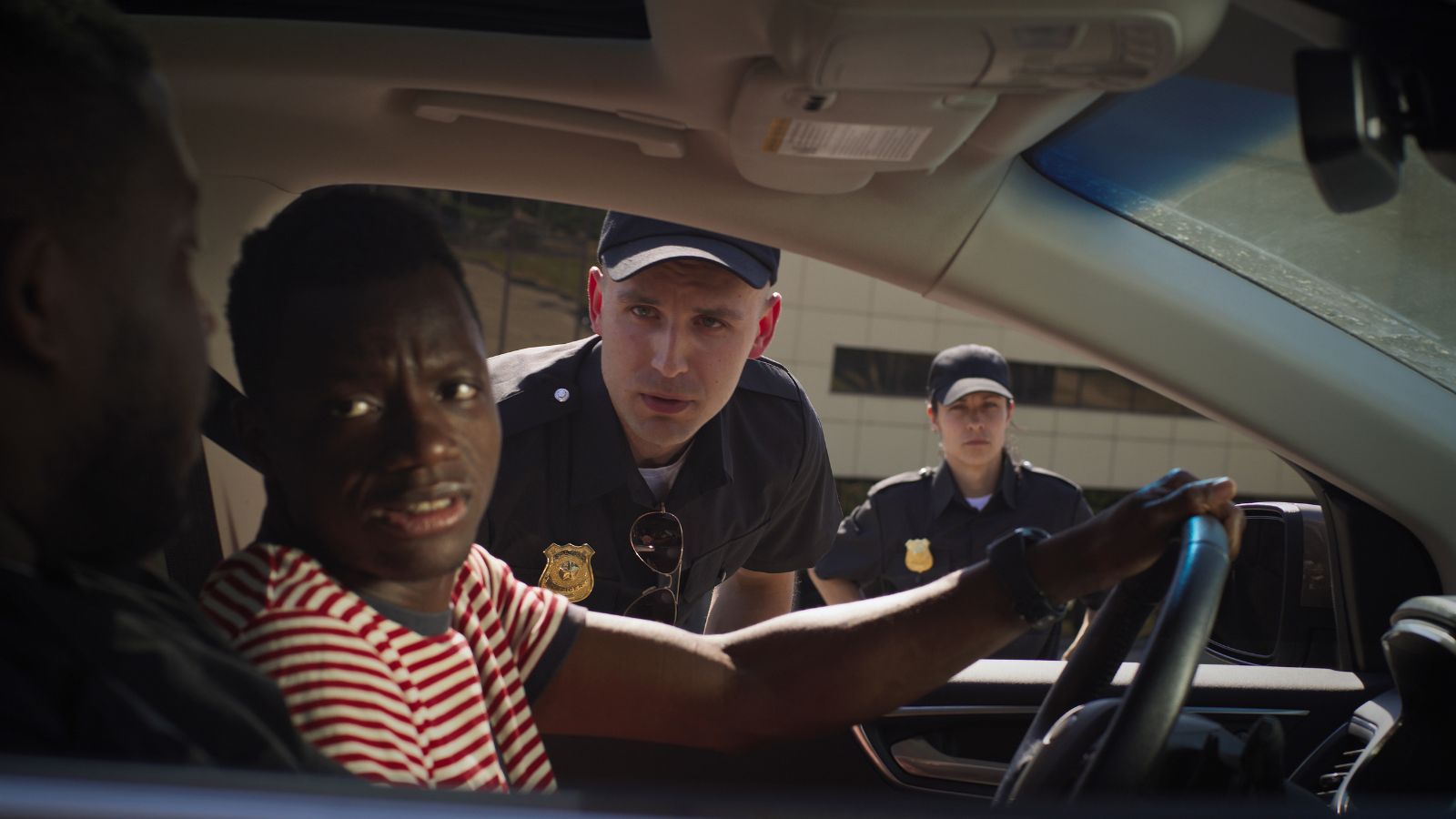
Some people assume officers always have accurate information, but don’t forget that they are also human and can make mistakes as well. For example, they might stop you because your car resembles one involved in another incident.
In this instance, getting angry is not going to help them understand they’ve made a mistake any quicker. Clear communication can often resolve misunderstandings much faster.
Believing Recording the Interaction Will Escalate Things
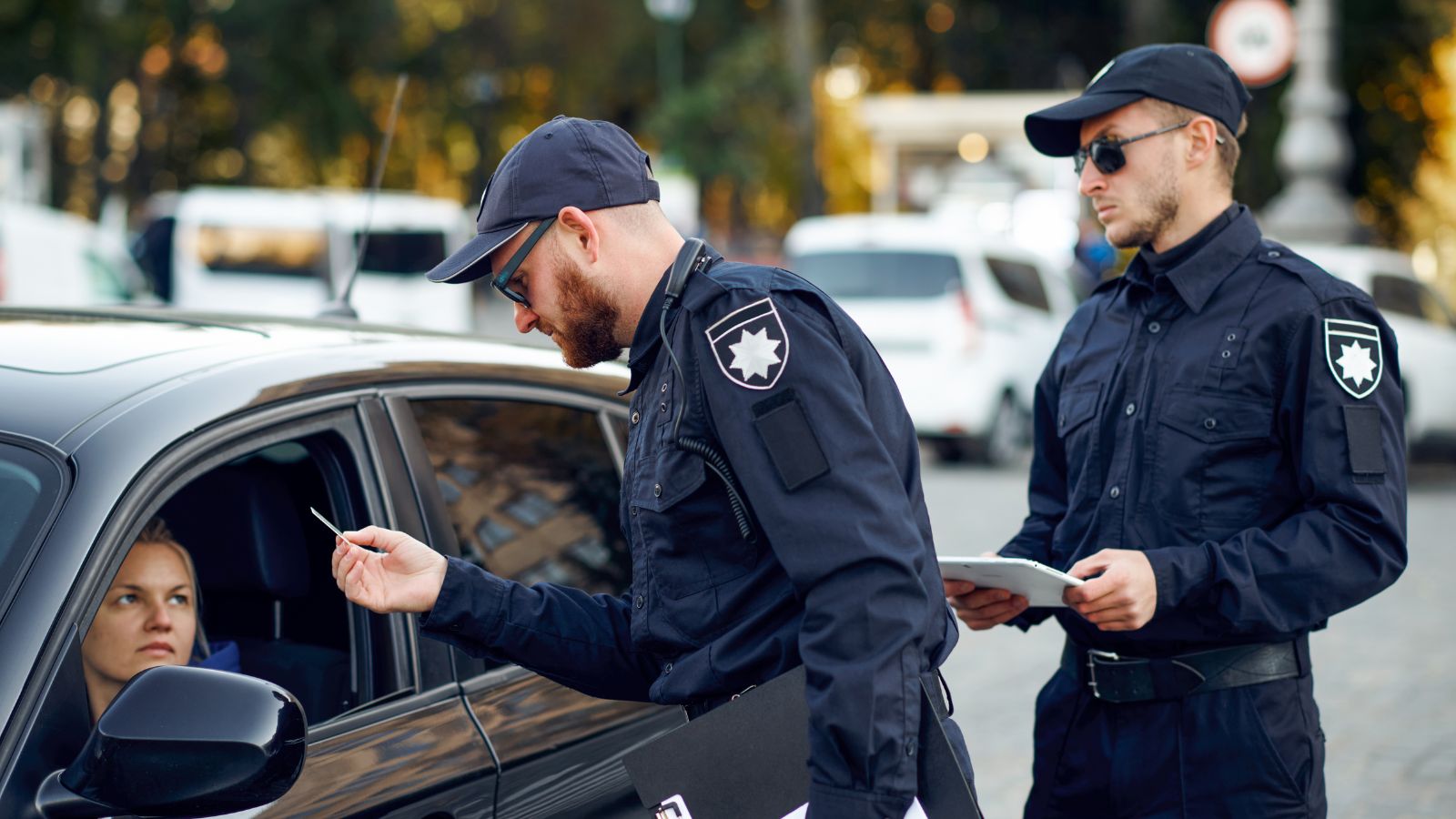
Many people worry that recording a police stop might make tensions worse, but if it’s your legal right, why wouldn’t you? If you choose to record, just inform the officer respectfully. If you antagonize an officer on purpose, you will not help your situation. Staying calm and transparent ensures your actions are not misinterpreted, keeping the interaction professional and safe for everyone involved.
Thinking You’re Obligated to Consent to a Search
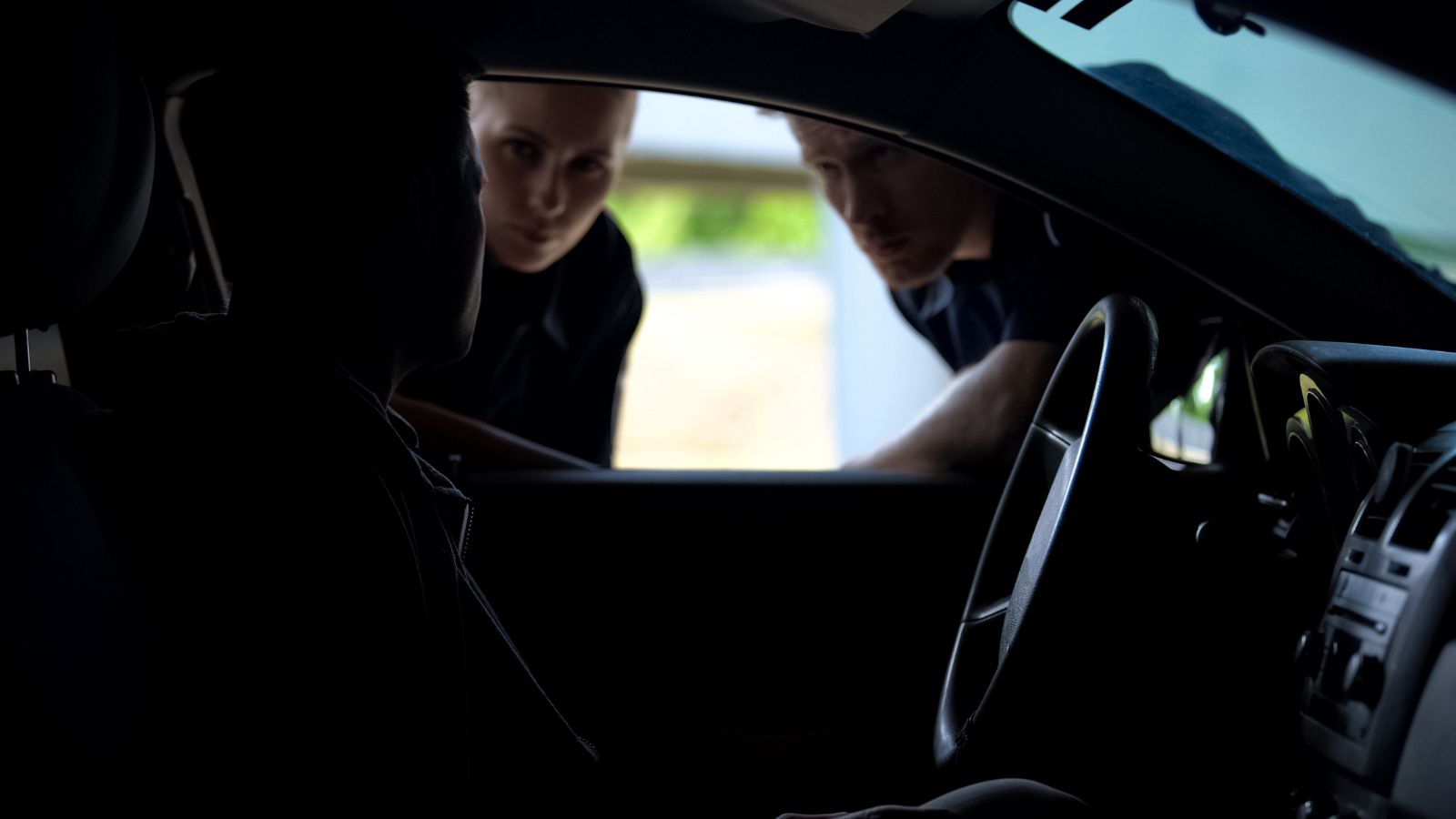
If you think you have no choice but to agree to a vehicle search if an officer asks, you are dead wrong. In most cases, consent or probable cause is required. Understanding your rights ensures you stay confident and composed in these situations. You don’t need to give up your rights just to keep an officer happy.
Assuming All Officers Use the Same Approach
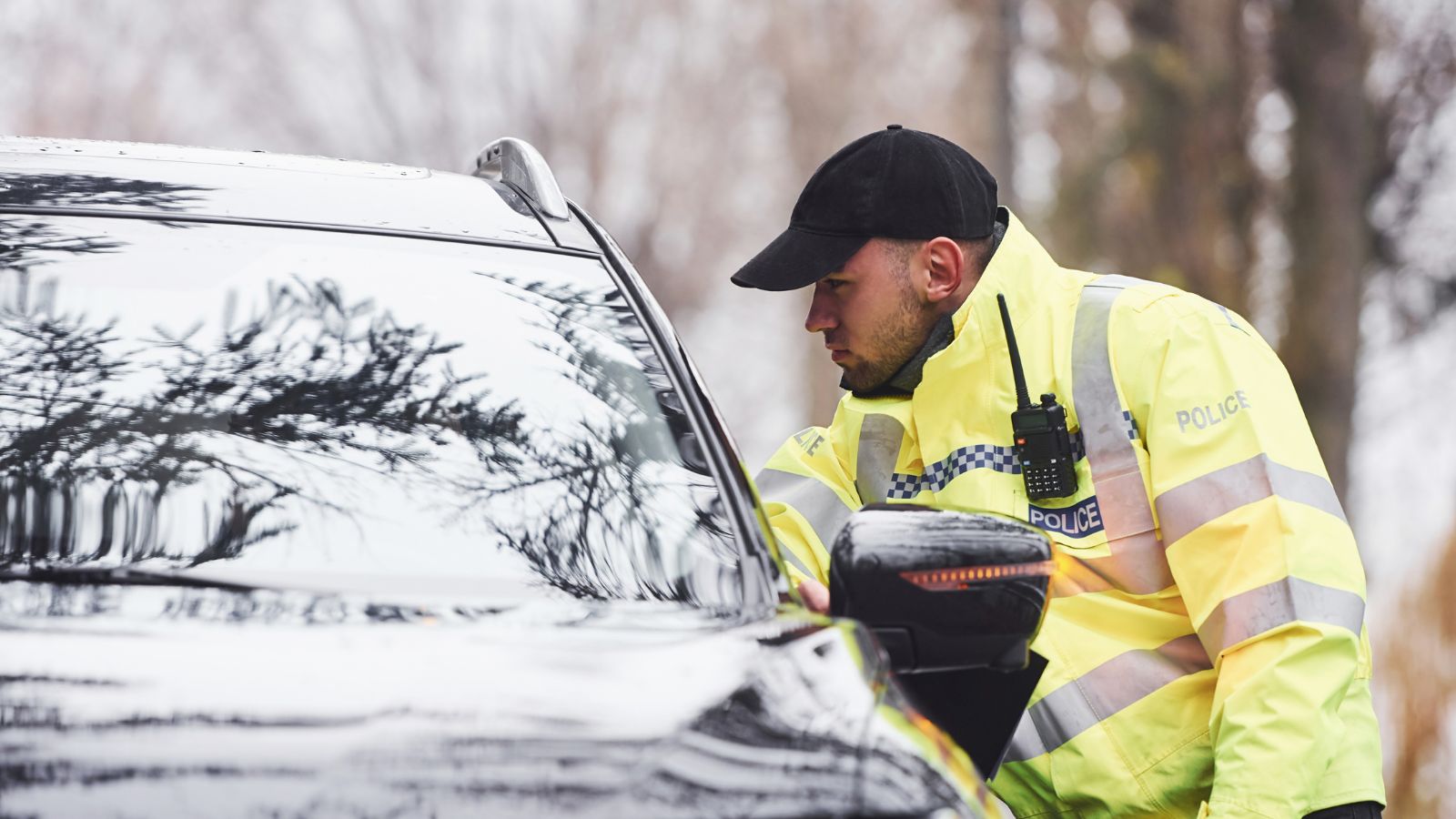
Not all law enforcement officers follow the same communication style. A lot of them may be more formal or stern, but others may take a friendlier tone. Assuming every officer will behave the same way can lead to misjudgments. Take it as it comes, and make sure you’re always polite to whoever is talking to you. This will help keep the interaction smooth.
Thinking a Traffic Stop Can’t Be for Your Safety
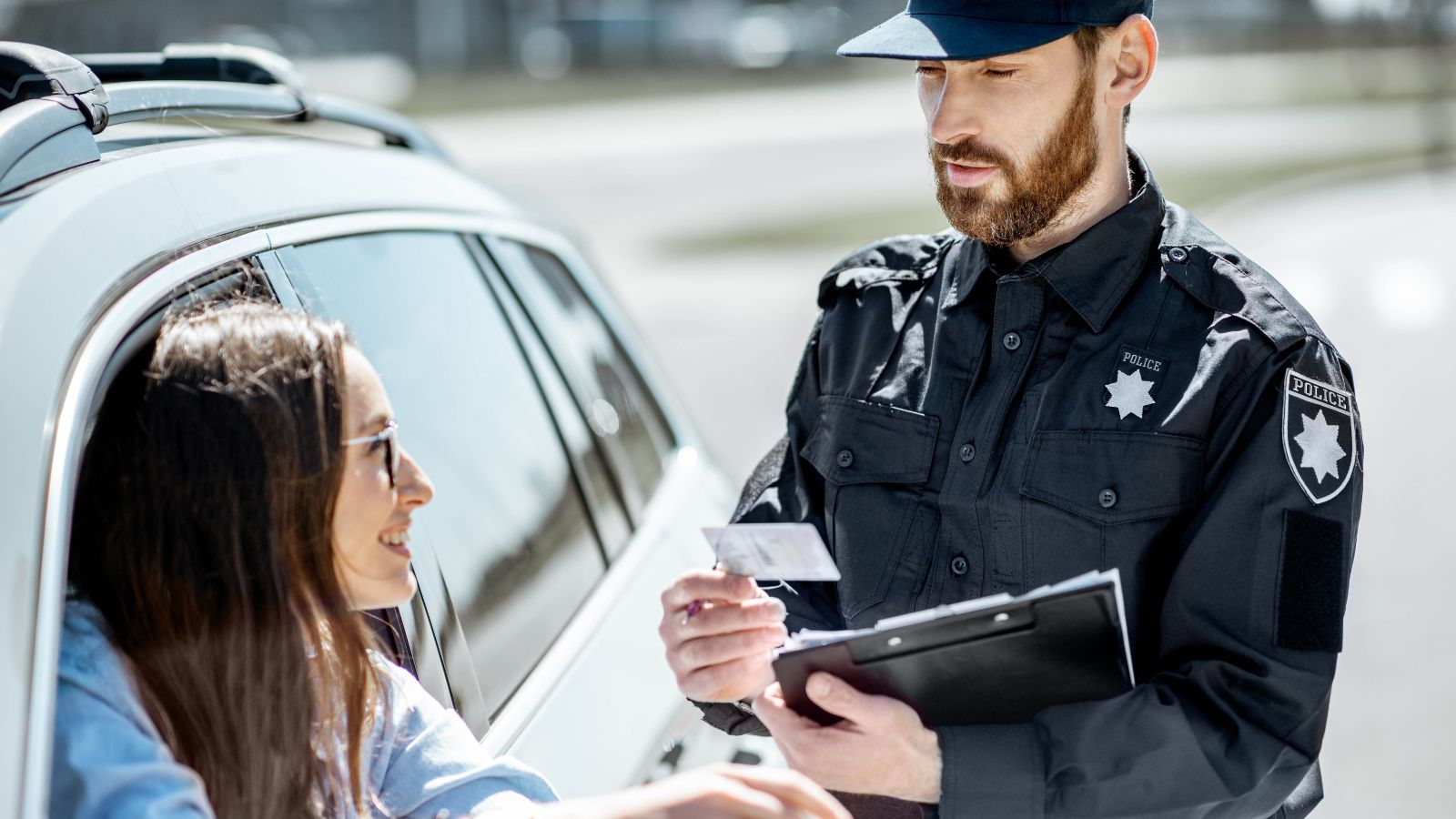
A traffic stop might not always involve a violation, so you don’t always need to stress. Sometimes, officers pull drivers over to inform them of safety concerns, like a loose bumper or a low tire. Police officers aren’t always there to arrest you; they also care a lot about your safety. Immediately assuming you’re in trouble could make the situation unnecessarily stressful.
Believing Politeness Doesn’t Matter
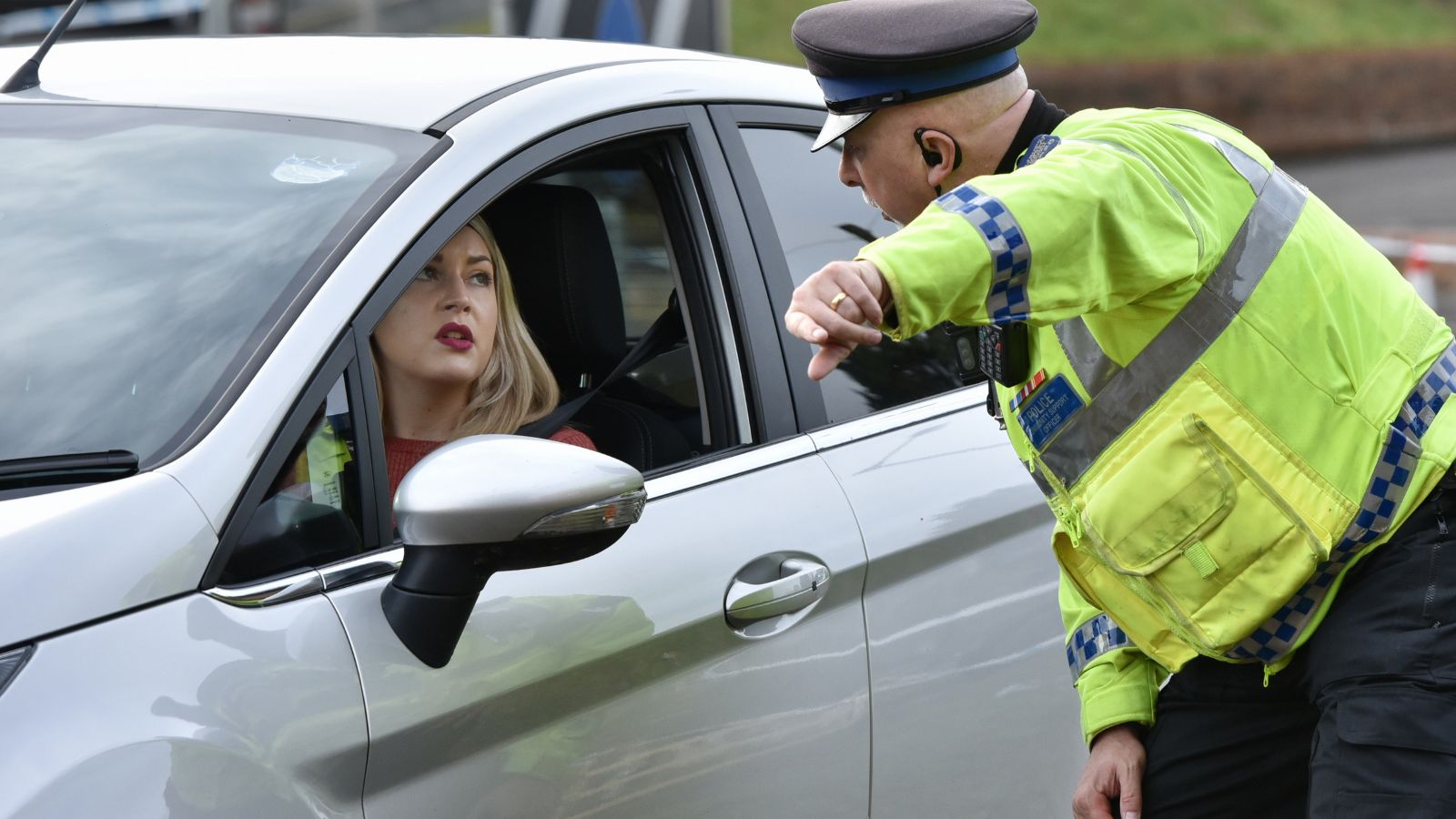
Politeness is always important. A respectful and calm demeanor can massively influence the officer’s perception and set the tone for how your interaction pans out. Even if you feel frustrated, remaining polite can make the experience less tense and more efficient for both sides.
Whatever happens, no one likes being disrespected, so a bit of politeness can make someone’s day.
Misinterpreting an Officer’s Body Language

Officers are trained to maintain control of a situation, which might make their tone or posture seem very intimidating. This doesn’t just mean they’re angry or suspect you of something serious, though. It’s often just their way of staying focused and professional. You’ve got to remember all the risks they deal with, so taking their safety seriously is actually quite understandable.
